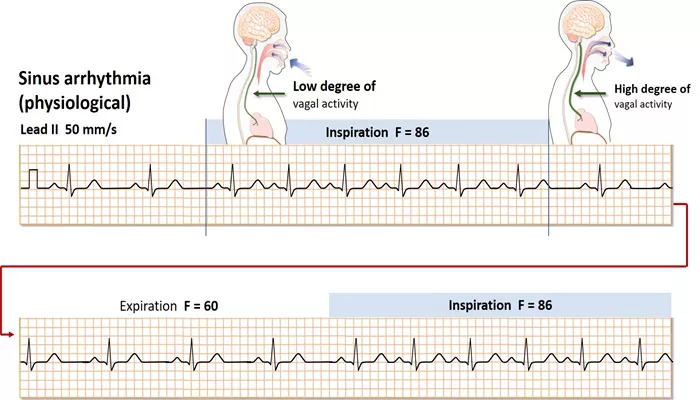Lenovo has partnered with the Instituto do Coração (InCor), the largest cardiology hospital in Latin America, to launch TRAdA, an innovative artificial intelligence (AI) platform designed for advanced arrhythmia detection. Announced on November 12, 2024, TRAdA, which stands for Telemonitoramento Remoto Assistido de Arritmia, utilizes a wearable Internet of Things (IoT) device to monitor heart health in real time.
In Brazil, over 20 million individuals are affected by cardiac arrhythmias, which contribute to more than 320,000 sudden deaths annually, according to the Sociedade Brasileira de Arritmias Cardíacas (SOBRAC). This alarming statistic highlights the urgent need for effective monitoring and early intervention. TRAdA meets this need by providing a discreet and comfortable device that continuously tracks heartbeats and electrical signals. Using advanced AI algorithms, it can detect potential arrhythmia events as they happen. During telemonitoring, critical alerts are sent to healthcare professionals, allowing for quick assessments and timely interventions.
The TRAdA platform has undergone rigorous testing at InCor through three phases of clinical development involving 253 participants. In the final phase, a proof of concept was conducted with 51 patients recovering from cardiovascular surgery.
This phase aimed to identify arrhythmias in patients within their home environments. TRAdA successfully detected arrhythmia episodes and generated alerts that facilitated accurate diagnoses and appropriate treatments.
Research indicates that the first 72 hours after hospital discharge are particularly vulnerable to complications. Lenovo’s solution provides essential support during this critical period. Ricardo Bloj, President of Lenovo Brazil, emphasized the opportunity in Brazil’s market for a cost-effective and efficient arrhythmia risk management solution. He stated that this innovative approach could save lives while also improving healthcare resources by reducing costs and enhancing care quality.
Lenovo aims to revolutionize arrhythmia detection and treatment through scientific rigor and technological innovation.
After successful validation in Brazil, the company plans to expand TRAdA into new Latin American markets over the next two years, adapting the system to meet specific regional needs.
Prof. Fabio B. Jatene, the project lead researcher at InCor, highlighted that innovation in healthcare involves integrating new technologies into patient care. He noted that quicker diagnoses of potential arrhythmias allow for early preventive measures, ultimately enhancing patient safety. This partnership with Lenovo aims to create collaborative bridges that foster innovative solutions in healthcare.
The TRAdA platform represents a significant advancement in heart health monitoring by harnessing AI and wearable technology for real-time insights into cardiac health. By enabling early detection and intervention, this innovation has the potential to save lives and improve care quality for millions globally. As Lenovo continues to expand its technology across Latin America and beyond, the future of arrhythmia management looks promising, with significant implications for improving patient outcomes and reducing healthcare costs.
Related topics:
- FDA Approves Frontier X Plus: A New Era in Heart Health Monitoring
- Kansas Hospital Launches Robotic Heart Program Featuring Stereotaxis Surgical Robot
- Johnson & Johnson’s Heart Device Receives FDA Approval for Abnormal Rhythm Treatment

